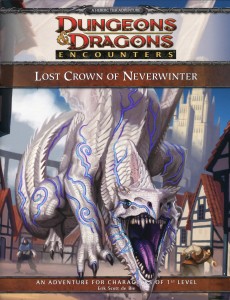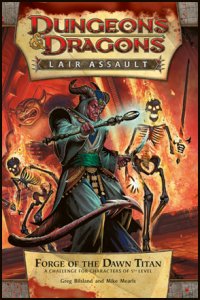While the Dungeon’s Master team enjoys some well-deserved vacation time, we’re breaking out the greatest hits and shining a spotlight on a few of our favourite articles from 2011. We’ve searched for hidden gems that our newer readers might have missed and our long-time readers will enjoy reading again. Enjoy a second look at these greatest hits from Dungeon’s Master.
Although charging for services can have devastating consequences for your game – especially if the demand for payment is completely unexpected – I do think there are ways to make it work. An alternative way to tackle this issue it not to charge PCs for services out of the blue, but to make special arrangements where payment will guarantee services or garnish special treatment.
For example, in a lot of the D&D encounters sessions I ran this year there was only one leader for a party of six or more. With only two Healing Words to go around per encounter the competition for who got healed was pretty fierce. When multiple characters were injured the leader knew he needed to heal someone on his turn but wasn’t usually very picky about who it was. If two character were in equal peril (both bloodied or both unconscious) then it became a coin toss or roll of the dice. But what if one of those PCs made an arrangement with the leader ahead of time? He’s not asking for special treatment, just preferential treatment.
In circumstances where this PCs need is equal to that of another PC, the leader will earn extra compensation if he chooses to heal this PC first. The leader isn’t charging but is willing to accept payment for the service in order to help him decide who to help first. Once the other players learn that the leaders service are for sale they can offer him more lavish rewards or a greater cut of the loot. In this case they are less likely to resent the leader since he’s not charging all-of-a-sudden for healing, nor is he withholding it when needed most. He’s merely letting the PCs determine the way to break the ties. It wasn’t his idea to charge, he’s just taking advantage of the situation his allies created.
It could work.


